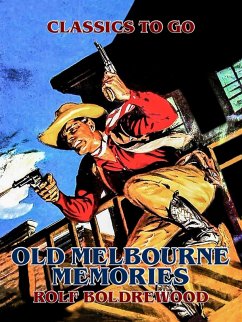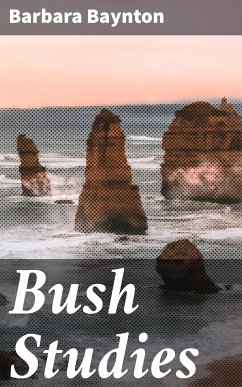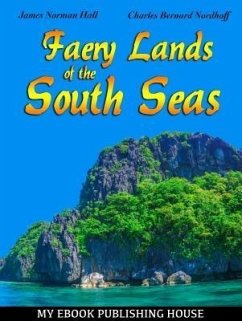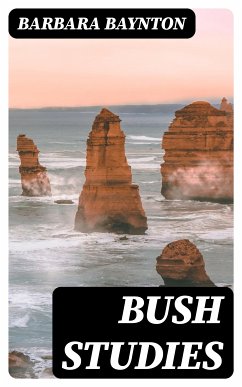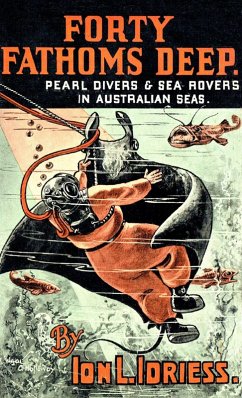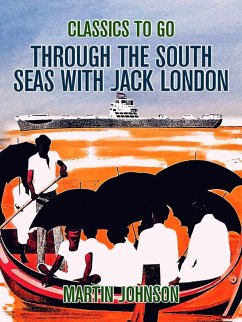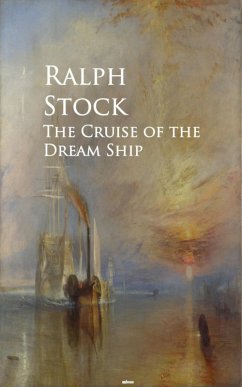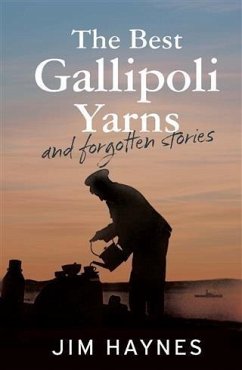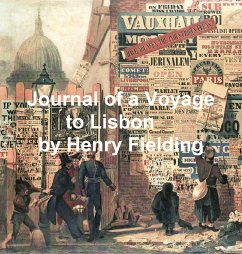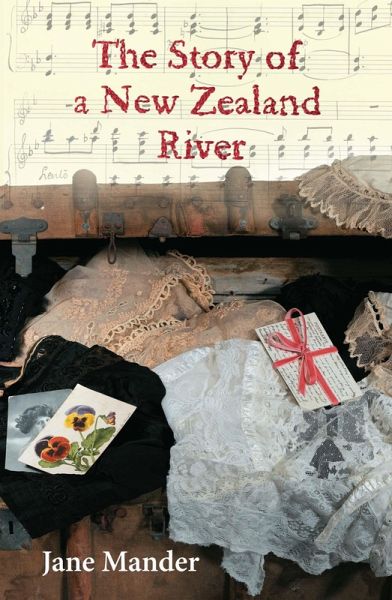
The Story Of A New Zealand River (eBook, ePUB)
Versandkostenfrei!
Sofort per Download lieferbar
10,99 €
inkl. MwSt.
Weitere Ausgaben:

PAYBACK Punkte
0 °P sammeln!
First published in 1920, this is the most celebrated of Jane Mander's six novels and is now regarded as a New Zealand classic. Alice Roland, together with her children, boxes, mattresses and piano, is punted up river to the 'appalling isolation' of their new home, 'a small house against a splendid wall of bush' in the kauri forest at Pukekaroro. She is joining her husband there, a reunion that is far from warm, but this remote place is to mark Alice's long and steady growth towards shared love, a new awareness of life and a sense of personal liberation. First published in New York in 1920, thi...
First published in 1920, this is the most celebrated of Jane Mander's six novels and is now regarded as a New Zealand classic. Alice Roland, together with her children, boxes, mattresses and piano, is punted up river to the 'appalling isolation' of their new home, 'a small house against a splendid wall of bush' in the kauri forest at Pukekaroro. She is joining her husband there, a reunion that is far from warm, but this remote place is to mark Alice's long and steady growth towards shared love, a new awareness of life and a sense of personal liberation. First published in New York in 1920, this is the first New Zealand novel to confront convincingly many of the twentieth century's major political, religious, moral and social issues - most significantly women's rights. Daring for its time in its exploration of sexual, emotional and intellectual freedom, the New Zealand Herald found the ending 'too early for good public morality'. It is believed by many to be the inspiration of Jane Campion's film The Piano.
Dieser Download kann aus rechtlichen Gründen nur mit Rechnungsadresse in A, B, BG, CY, CZ, D, EW, E, FIN, F, GR, H, I, LT, L, LR, M, NL, PL, P, R, SLO, SK ausgeliefert werden.




